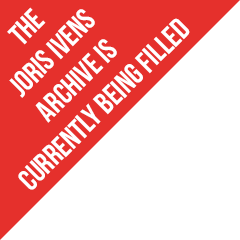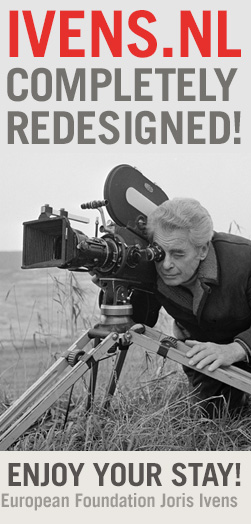

Name curator: Mei Yang
Title of the work you have chosen: “Wo sui siqu”
Name filmmaker: Hu Jie
English title: “Though I am Gone”
Year of production: 2006
Format: digital video
This month we have a long film at our Politics and Poetry page: 'Though I am Gone', selected by Mei Yang assistant Professor of Chinese, University of San Diego. Curators from all over the world have selected films from everywhere and we are glad to screen the first Chinese production now. Please watch this film, thank you!
About the curator
Name: Mei Yang
Function: scholar, Assistant Professor of Chinese, University of San Diego
What is your main interest: Chinese literature and cinema
Where do you come from/ where do you live: China/USA
About the film and the filmmakers:
What can you tell about this film?
The film, following the director’s 2004 documentary Searching for Lin Zhao’s Soul, continues to probe into the tragic death of a female intellectual during the Cultural Revolution. Even though the Cultural Revolution is not taboo in daily discussion in China, its screen representation has to follow the 1980s “scar literature” module, that is, to attribute terror to “the Gang of Four” and declare that everyone else, including Mao, was a victim. Such critical inertia is a direct result of political censorship, but it also manifests the complicity between the public and the state. Both Lin Zhao and Bian Zhongyun, the women who were brutally killed, insisted on their innocence against political persecutions, and the filmed subjects who are alive insist in remembering rather than forgetting. The handwritings, letters, and photographs they have kept are indelible historical evidence that questions the mechanism of collective amnesia and calls for real investigations.
How does this film relate to the theme ‘politics and poetry’ in your opinion?
Hu Jie’s works convince me that it is imperative not to forget history, especially its violent thrusts, to understand the reality we are facing today. Claiming that no one will remember a historical wrongdoing after many years is the exact tactic dictators have used to mandate mass-scale slaughters. The theme ‘politics and poetry,’ to me, is to bring remembering back into our daily life through image making. It makes one person’s life relevant to the other’s, faraway in distance or time but contributing to our understanding of modernity and the mankind. As much as how history has worked as a series of precedents to justify torture in the past centuries, we can probably still imagine finding an aspect of history that will provide warnings against the use of torture and suffering.
Are politics and poetry (or politics and arts) two separate worlds according to you? Why / why not?
It appears that politics, by resorting to fear, terror, power, cohesion, intimidation, deception, has always held an upper hand against the working of poetry that pursues freedom, truth and beauty. To be socially effective poetry is instructed by politicians to serve as the maid of politics, or such drive may come from within, when poetry desires political power. In this sense they are two things, but they are not separate from each other. I would consider poetry the counterbalance to politics, a reservoir to store the antithesis of history, to bring awareness of existent injustice, and to usher in sociopolitical change. Its independence is exactly its merits and source of power.
There are a lot of political tensions and changes in the world right now. Do you (already) notice any changes in the focus and/or ideas and work of artists because of these developments? Do you have examples?
Political tensions and changes are never new in history, but what we see today, the clash between civilizations at a global scale and the conglomerating logic of development at expense of nature and tradition, are unprecedented. For a country like China, any attempt away from political autocracy is complicated by the latter’s marriage to global capital. A growing number of independent films in China look at the history of political injustice, the composition and structure of political power, the paradoxical oppression of the oppressed, and the environmental cost of industrial development. These films are a voice from marginality, but not one that reiterates the antagonism between the perpetrator and the victim. It is a voice for dialogue and change.
Besides the theme of ‘Politics and poetry’ are there any other comparisons between this artist and Ivens according to you?
In 1994 Hu Jie made a documentary about the life of Chinese mine workers, “Yuan Shan”. Such effort, of capturing the proletariat class in a time of social transition, is later joined by directors such Li Yang and Jia Zhangke, whose depiction of the underground world of the mine industry caught international attention. Yet Hu Jie does not stop at describing the misery the regular people suffer but instead weaves tenacity and persistence in them into a spirit of fighting. In Searching for Lin Zhao’s Soul the outrageous atrocities that forced a jailed woman, deprived of a pen, to write her thoughts in her blood is placed side by side with the beautiful and courageous words she wrote. Hu Jie’s films show an interest in personal texts as historical evidence and a peculiar insistence on individual subjectivity against sweeping social calamities, which is something he shares with Ivens.
